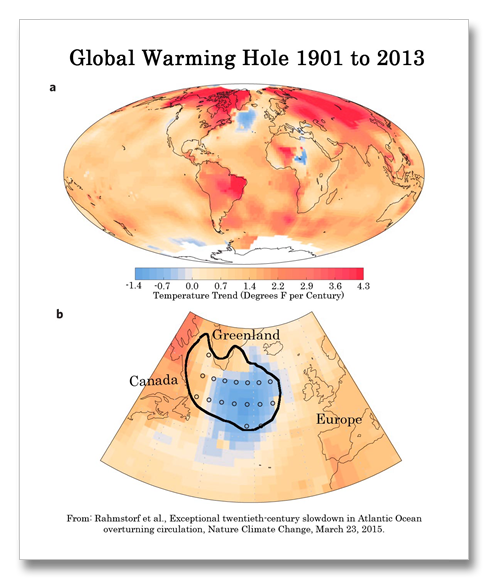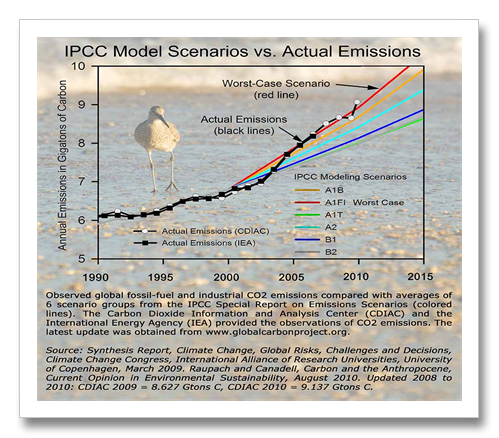
I met him in Ilulissat, the largest settlement in Greenland, population 3,000. Ilulissat is what many of the scientists on the Greenland Ice Sheet call a safe base for their research. He was presenting to a community gathering on his work at Swiss Camp, the longest continually operating research facility on the ice sheet that…








